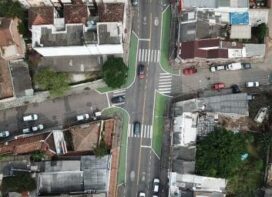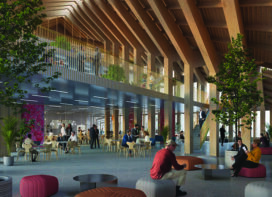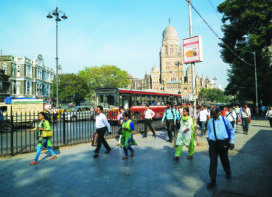
In spite of several road blocks, Chennai Smart City projects have taken off with focus on Parking Management, ITMS and Non- Motorised Transport says Raj Cherubal, Chief Executive Officer, Chennai Smart City Limited
What are the main components of Chennai Smart City project?
Chennai Smart City Limited (CSCL) and Greater Chennai Corporation (GCC) are implementing citywide parking management with camera-based recognition and electronic payment technology. We are also implementing GPS-enabled cycle sharing which will help last-mile connectivity. Chennai is also implementing a pedestrian plaza and other Non Motorised Transport facilities which is part of a larger effort to encourage citizens to use public transport. Some of the other projects are rooftop solar energy installations on GCC buildings, water body restoration, smart meters for water, etc.
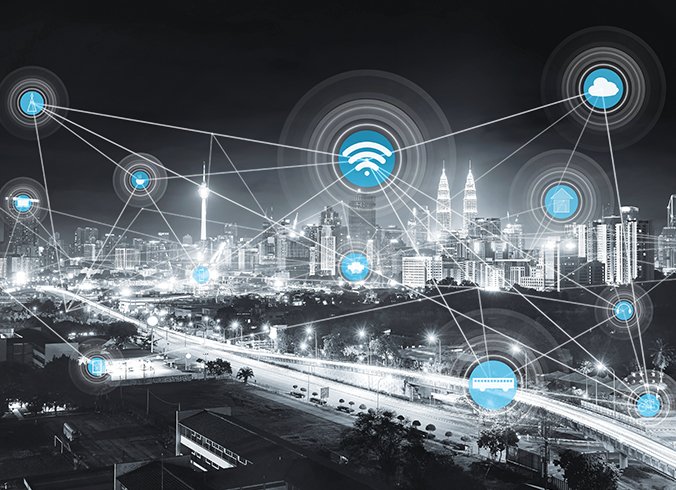 A very critical project under smart city, for which DPR for entire city is being prepared, is the Intelligent Traffic Management System in Chennai. First phase will involve 159 junctions with automated vehicle and queue length detection and Area Traffic Control to streamline traffic. ITMS will include Passenger Information System and junction redesign to ensure efficiency and safety. This project is being funded by JICA and Government of Tamil Nadu.
A very critical project under smart city, for which DPR for entire city is being prepared, is the Intelligent Traffic Management System in Chennai. First phase will involve 159 junctions with automated vehicle and queue length detection and Area Traffic Control to streamline traffic. ITMS will include Passenger Information System and junction redesign to ensure efficiency and safety. This project is being funded by JICA and Government of Tamil Nadu.
Chennai Parking Management System (PMS) is envisioned be one of the largest such projects in the country. According to the consultant’s report, there are around 12000 ECS (Equivalent Car Space) but we suspect there are lot more. Since Indian roads are not generally well-designed, this will be a dynamic process to identify additional parking slots, update plans according to, say, Metro Rail construction, etc and maximise car parked along the road, taking traffic flow, pedestrian space, etc into account.
In the first phase, parking management has already started in three locations where cameras will be installed as per survey and mapping. PMS cameras will identify empty slots, and users will be able to see available spots in their mobile and pay electronically. Also, violators of parking norms will have their vehicle clammed and fined. In the PMS tender we did not specify technology – like camera, sensors – that the service provider needs to implement since different area may require different technologies and approaches. We were interested only in outcomes. Our requirements were mainly two: inform users about the empty parking spots and real-time information about payment. Information about all forms of payment is expected to be sent to our central server to prevent leakage. PMS is expected to be implemented across the city in six months.
 Wherever there is a need for parking management to help users to find parking, prevent chaos, PMS will be deployed, and charges will be levied. As a part of the project, GCC will charge Rs 20 for cars and proportionately for bikes and other vehicles. In high demand areas there will be premium charge of Rs 40. There will be digital and other signage to direct users, marked slots, and other facilities.
Wherever there is a need for parking management to help users to find parking, prevent chaos, PMS will be deployed, and charges will be levied. As a part of the project, GCC will charge Rs 20 for cars and proportionately for bikes and other vehicles. In high demand areas there will be premium charge of Rs 40. There will be digital and other signage to direct users, marked slots, and other facilities.
While PMS will be appbased we assume there will be people visiting the city without the app and they are able to pay in cash without much hassle. We slowly want to move towards electronic payment so that there is less leakage.
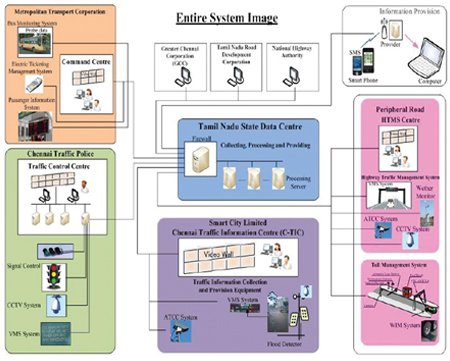 Action plan for implementing ITMS
Action plan for implementing ITMS
JICA did a feasibility study for implementing ITMS in Chennai. There are around 385 junctions out of which 159 junctions from the core area of the city will be taken up in the first phase. We will be deploying technology to figure out the number of vehicles, queue length, etc. Using that, the analytics will determine the best optimal traffic movements. There will be an Area Traffic Control in Traffic Police head quarters and control center for the government bus company (MTC). We are in the process of hiring consultant for preparation of DPR.
Besides, ITMS project also includes GSP, cameras, PIS etc for around 3500 buses in the city. There will be digital display signs across the city announcing bus arrivals, timings etc. Additionally, the159 junctions will be redesigned and improved.
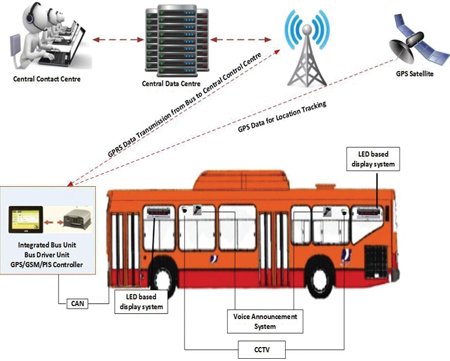 Are you working on cycle-sharing.
Are you working on cycle-sharing.
We are in the process of introducing ‘cycle-sharing’ system in Chennai in 500 locations with 5000 cycles. One key goal of this project is for cycles to act as lastmile connectivity for Metro rail, bus depots. Of course cycles will be deployed in other locations like beach where we expect good ridership. These cycles will be GPS-enabled for easy tracking. It comes with a QR-code based unlocking mechanism. The first phase of this system is in process.
What are the peripheral issues and challenges when multiple agencies are involved in planning.
On our board, we have heads of from various key departments of the State government. We have nodal officer being appointed from relevant departments like traffic police, electricity, water supply etc. These nodal officers help us co-ordinate among their respective departments. Importantly, there is a Special Projects department in GCC that helps with smart city project. Moreover, depending upon project, we also have periodic co-ordination meetings between various departments.
 TrafficInfraTech Magazine Linking People Places & Progress
TrafficInfraTech Magazine Linking People Places & Progress
